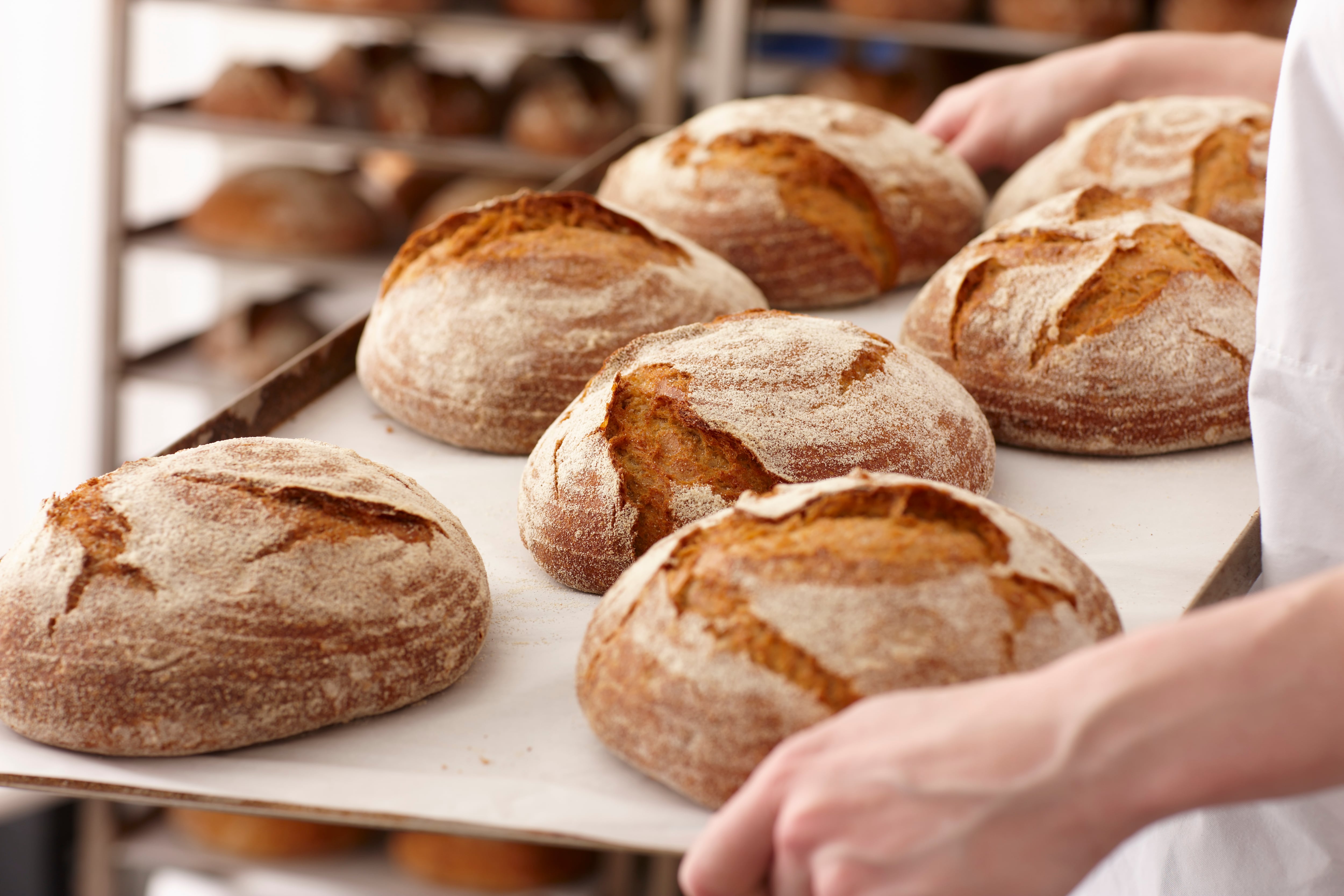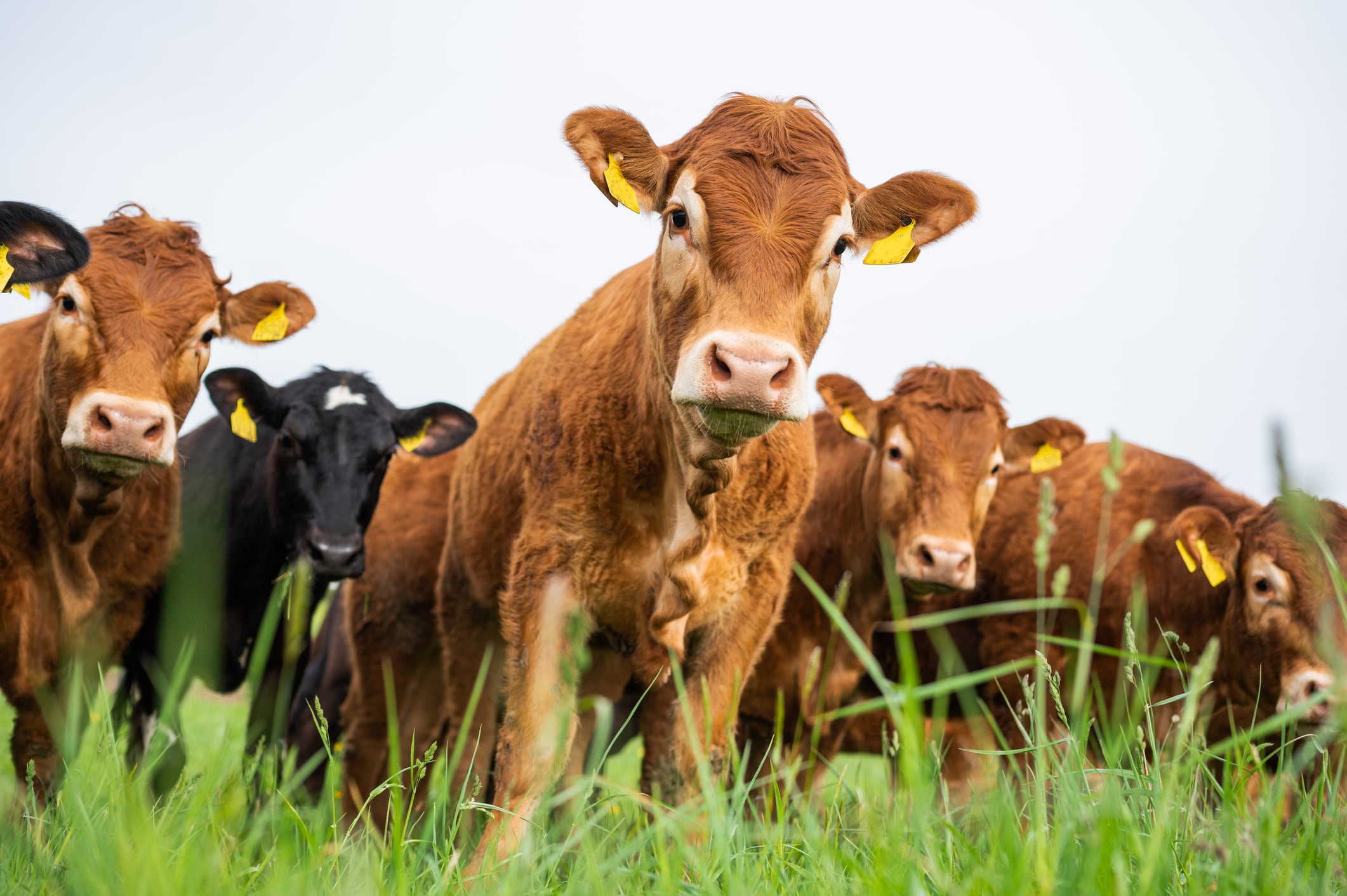It was announced in November 2024 that Morrisons was considering the closure of the Wakefield facility after completing a “thorough review” of the Rathbones business model, which it first acquired in 2005.
The closure of the 28,000 square foot site in West Yorkshire would have put the jobs of 378 Rathbones employees under threat.
However, after discussions with representatives from the Bakers, Food and Allied Workers Union (BFAWU), Morrisons has found a way to keep the site open at a reduced capacity and without the production of bread.
The new Rathbones will operate on a different model with lower capacity and making fewer, more specialist bakery products.
Morrisons
This will allow 138 jobs to be retained at the site, although 270 employees have agreed to a voluntary redundancy package already.
“Following detailed discussions with colleagues and with the BFAWU, we are pleased that we have agreed a way forward for Rathbones to remain open albeit on a smaller scale,” a spokesperson for Morrisons told Food Manufacture.
“The new Rathbones will operate on a different model with lower capacity and making fewer, more specialist bakery products.
“The site will employ around 138 colleagues, down from the current 378. All colleagues were offered voluntary redundancy and 270 decided to take it.”
When the closure plan was first announced, Morrisons said that Rathbones had been a loss-making enterprise for a number of years, despite delivering profits in the years after the business was first acquired.
To rectify this moving forward, the retailer said it has put in place a new plan which should put the business on a pathway to breakeven in 2027.
“We are grateful to colleagues and the BWAFU for the constructive and realistic discussions which resulted in this agreement, enabling Rathbones to remain open, contributing to the local economy and to Morrisons and our customers,” the spokesperson concluded.
The changes to the capacity of Rathbones will not impact the supply of products available at in-store Market Street branded bakeries.
A spokesperson for the BFAWU added: “Whilst we remain disappointed that the company has made the decision to cease bread production after over 30 years of it being made at the site, at least it is not a full factory closure as was initially planned.
“Their vision for a new model does allow some production to continue and hopefully build upon in the future and we will continue to support BFAWU members through that.”





